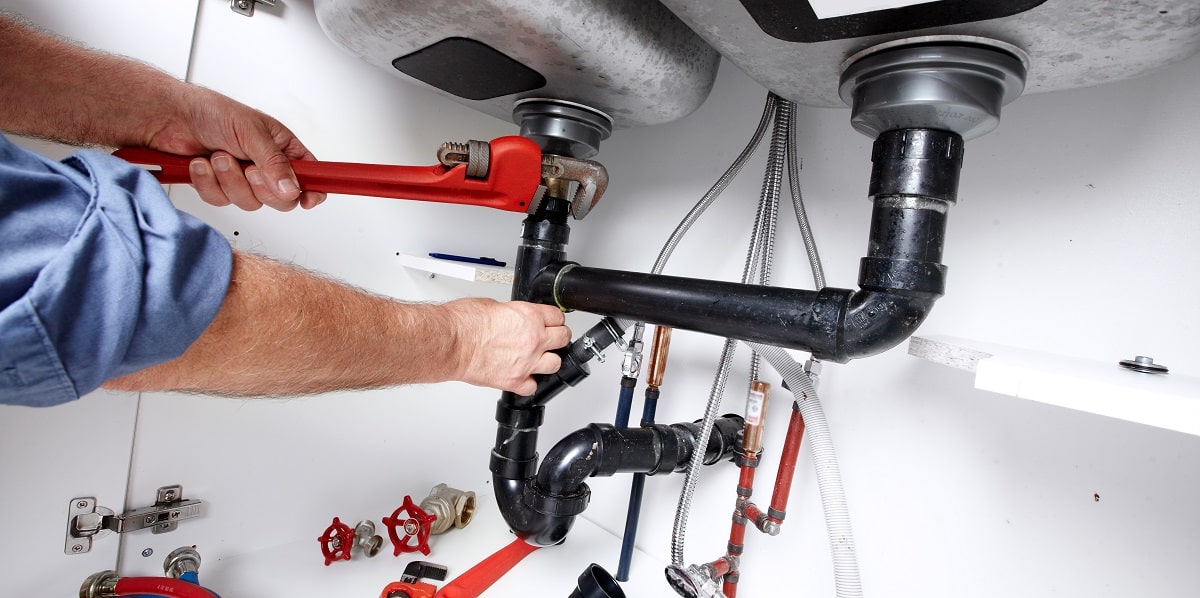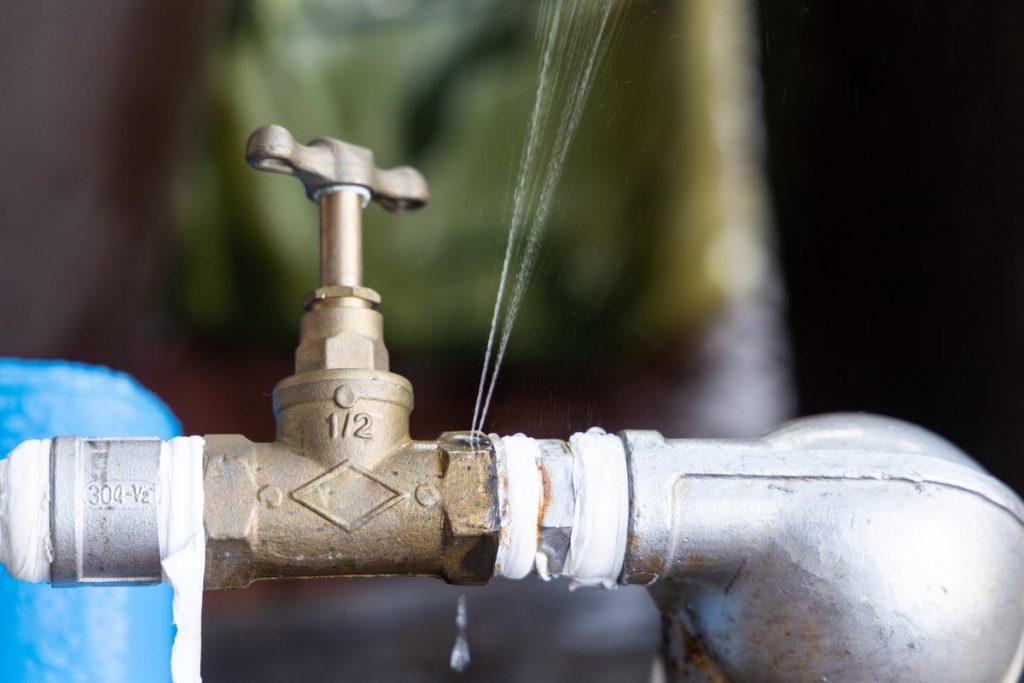A Homeowner’s Guide to Plumbing Issues in Older Homes
A Homeowner’s Guide to Plumbing Issues in Older Homes
Blog Article
This great article further down about Common Plumbing Challenges In Old Buildings is definitely enlightening. Read on and make your own final thoughts.

Older homes frequently feature appeal, character, and background, yet they can also bring a host of pipes problems. Whether you're managing aging pipelines, low water pressure, or leakages, knowing just how to deal with these usual problems is critical to keeping a safe and practical home. In this guide, we'll check out the typical plumbing obstacles dealt with by older homes and provide functional solutions to keep your pipes in leading shape.
Comprehending Usual Plumbing Issues
Aging Pipes
Among one of the most usual problems in older homes is maturing pipelines. Relying on the era in which your home was constructed, the pipelines might be made from products that have degraded with time, such as galvanized steel, cast iron, or even lead. These materials can corrode, end up being weak, or create leaks, leading to water damage and prospective health hazards.
Low Tide Stress
If you're experiencing low tide stress, maybe due to natural resources, deterioration inside the pipelines, or old components that are no more functioning efficiently. This can be a major aggravation, specifically in areas like showers and sinks.
Dripping Pipelines
Leaks are one more constant concern in older homes, often triggered by rusty or worn-out pipes. Even little leaks can cause considerable water damage, mold and mildew development, and raised water costs otherwise resolved immediately.
Obsolete Fixtures
Outdated plumbing components such as faucets, commodes, and showerheads not only look old however may likewise be less efficient, prone to leaks, or incompatible with modern pipes criteria.
Pipe Rust
Rust is a typical issue in older pipes, especially those made from galvanized steel or actors iron. Corroded pipes can restrict water circulation, create staining, and ultimately cause leakages or pipeline bursts.
Evaluating the Condition of Your Plumbing
Evaluating Noticeable Pipelines
Beginning by evaluating any type of visible pipelines in your home, such as those in cellars, crawl spaces, or under sinks. Seek signs of deterioration, leaks, or corrosion, which can suggest underlying issues.
Looking for Leakages
Look for leakages by checking areas around taps, bathrooms, and under sinks. You can also monitor your water meter prior to and after a period of no water utilize to detect surprise leaks.
Water Top Quality Screening
Older pipelines can affect the quality of your water. Conduct a water quality test to look for contaminants such as lead, corrosion, or other impurities that might be introduced by aging pipelines.
Solutions for Typical Pipes Concerns
Replacing Aging Pipes
If your home has old, wearing away pipelines, take into consideration replacing them with modern materials like copper or PEX. This can be a significant financial investment, yet it will certainly avoid future concerns and enhance the security and reliability of your pipes system.
Repairing Low Water Stress
To take care of low tide pressure, begin by cleaning or changing old fixtures and eliminating mineral build-up in the pipes. If the trouble persists, it might be necessary to change areas of rusty pipes.
Repairing and Changing Leaking Pipelines
For small leaks, you can use pipeline clamps or epoxy putty as a temporary repair. However, it's best to change dripping pipes totally to avoid more damage.
Updating Components
Upgrading old components to modern-day, water-efficient models can enhance your home's pipes performance and lower water consumption. Try to find components with the WaterSense label for the best effectiveness.
Taking Care Of Pipe Corrosion
If your pipes are rusted, changing them with corrosion-resistant products like copper, PVC, or PEX is the best service. Normal evaluations and water high quality upkeep can help avoid additionally deterioration.
When to Call an Expert
While some pipes concerns can be handled with DIY services, there are times when it's finest to call an expert. If you're taking care of significant leakages, extensive corrosion, or are uncertain regarding the problem of your pipelines, an accredited plumbing professional can give experienced analysis and fixing.
Preventive Maintenance Tips
Normal Assessments
Consistently evaluate your pipes system for indicators of damage. Catching concerns early can protect against costly repairs down the line.
Water Pressure Guideline
Ensure your water stress is within the advised array to stay clear of emphasizing your pipelines and components. A plumbing technician can mount a stress regulatory authority if required.
Water High Quality Maintenance
Mount water filters or softeners if your water high quality is poor. This can secure your pipes and fixtures from damages brought on by tough water or pollutants.
Aggressive Pipeline Replacement
If your home has very old pipelines, think about aggressive substitute before major problems develop. This can conserve you from emergency situation repairs and water damages.
Verdict
Dealing with plumbing issues in older homes calls for a mix of alertness, precautionary maintenance, and prompt upgrades. By comprehending the typical challenges and recognizing when to look for expert help, you can guarantee your plumbing system remains useful and reputable for years to find.
Common Plumbing Issues in Older Homes
Pipe corrosion
Pipe corrosion is a common plumbing issue in older homes. Several factors can cause pipes to corrode:
Water: Ironically, water is the number one cause of pipe corrosion. When water seeps into cracks in pipes, it can cause the metal to rust and break down, leading to leaks or even burst pipes.
Oxygen: Oxygen is another significant culprit in pipe corrosion. When oxygen interacts with water, it can cause the metal to oxidize and weaken.
Chemicals: Chemicals such as chlorine and fluoride can also contribute to pipe corrosion. These chemicals can react with the metal in pipes, causing them to break down over time.
Leaky pipes
Pipes that leak is one of the most common plumbing issues plaguing residents of older houses. While a small leak may not be a problem initially, it can lead to significant problems if left unaddressed. In addition, water damage can be very costly to repair and may cause damage to electric fixtures, promote mold growth and cause many other issues.
Worn-out fixtures
Older homes often have worn-out fixtures which may need replacement. Over time, the finishes on fixtures can wear down, exposing the underlying metal to corrosion. This can cause fixtures to leak or even break completely. It s best to have a professional plumbing contractor regularly inspect the fixtures in older homes and replaces them if necessary.
Faulty water heaters
A leaky water heater can cause severe damage to the home as it can be both a flood and fire hazard. Call a plumber immediately if it appears that the water heater might be leaking.
If the heater isn t working correctly, it could be because the pilot has gone out. The pilot light going out may indicate gas supply issues or leaks. It is also worth checking the thermostat to see if it needs to be adjusted.
If the water heater is making strange noises, it could be due to sediment buildup in the tank. Sediment can interfere with the heating elements and cause them to overheat. Overheating can damage the tank and shorten the lifespan of the water heater.
https://www.norfleetfamilyplumbing.com/blog/common-plumbing-issues-in-older-homes

We were guided to that editorial about Common Plumbing Problems in Older Homes through a good friend on our other web page. Those who enjoyed our blog posting if you please consider to share it. Kudos for your time. Don't forget to pay a visit to our site back soon.
Automated Marketing Report this page